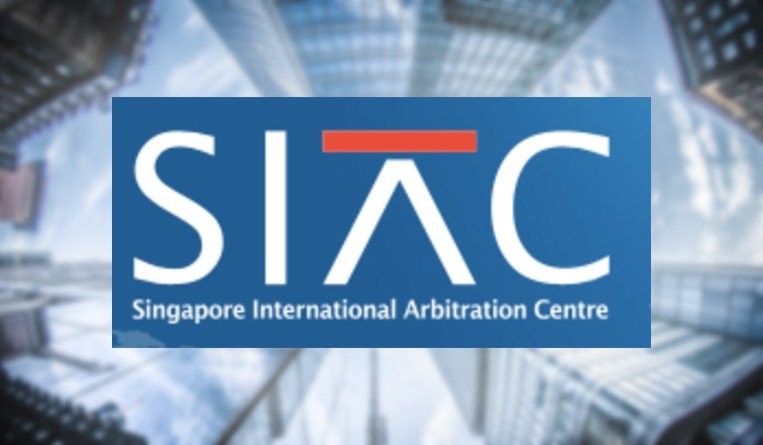SIAC arbitration has emerged as a prominent choice for resolving international commercial disputes, offering parties a robust framework for efficient and impartial conflict resolution. In this guide, we delve into the intricacies of SIAC Arbitration, exploring its processes, advantages, and significance in the global legal landscape.
Understanding SIAC Arbitration SIAC, or the Singapore International Arbitration Centre, serves as a leading arbitral institution that administers arbitrations in accordance with its rules and procedures. It provides a neutral and efficient platform for resolving commercial disputes, prioritizing fairness and enforceability of arbitral awards.
Arbitration Agreement and SIAC Rules Parties typically opt for SIAC arbitration by including an arbitration clause in their contracts, designating SIAC as the administering institution. The proceedings are governed by SIAC’s arbitration rules, which cover various aspects including arbitrator appointment, conduct of hearings, and issuance of awards, aiming to ensure a streamlined and transparent process.
Appointment of Arbitrators SIAC arbitration offers flexibility in appointing arbitrators, allowing parties to select arbitrators from SIAC’s panel of experienced professionals or nominate arbitrators of their choice. In cases where parties cannot agree on arbitrator selection, SIAC provides assistance to ensure impartiality and expertise in dispute resolution.
Arbitral Proceedings under SIAC Arbitration proceedings under SIAC involve adherence to agreed-upon rules and procedures, including written submissions, evidentiary hearings, and witness testimonies. SIAC provides administrative support throughout the process, facilitating effective case management and timely resolution of disputes.
Efficiency and Expediency Efficiency and expediency are key aspects of SIAC arbitration, with strict timelines set for various stages of the arbitration process. This commitment ensures timely resolution of disputes, enhancing confidence in the arbitration process and reducing costs for parties involved.
Enforceability of Awards SIAC awards hold significant enforceability under the New York Convention and other international treaties, enabling parties to enforce arbitral awards in over 160 countries. This global recognition ensures that parties can seek relief across international jurisdictions, further reinforcing the credibility of SIAC arbitration.
Advantages of SIAC Arbitration SIAC arbitration offers several advantages, including neutrality, expertise, efficiency, enforceability, and confidentiality. It provides parties with a neutral forum for resolving disputes, access to experienced arbitrators, and robust procedural mechanisms. The efficiency and expediency of SIAC arbitration ensure timely resolution, while enforceability grants parties a reliable mechanism for enforcing their rights and obligations.
Conclusion SIAC arbitration stands as a trusted and efficient mechanism for resolving international disputes. With its transparent processes, expert arbitrators, and enforceability of awards, SIAC provides parties with a reliable avenue for resolving commercial disputes. As businesses continue to operate in a globalized environment, the significance of SIAC arbitration is poised to grow, ensuring the efficient and impartial resolution of international disputes.



